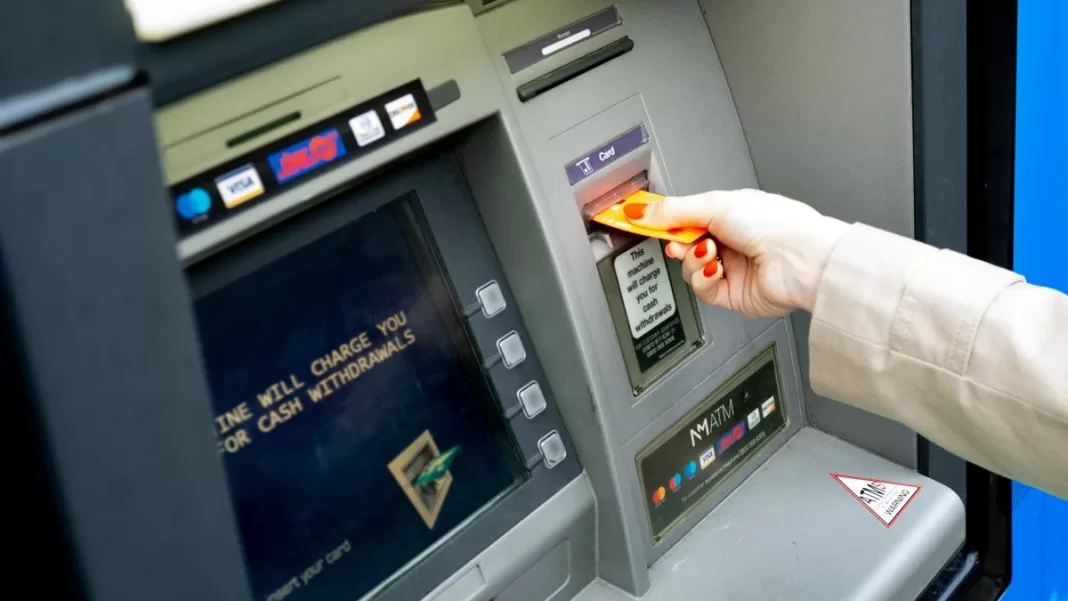In recent days, rumors of cyberattacks targeting ATM and online banking systems have swept across Pakistan, causing concern among the public. However, the State Bank of Pakistan (SBP) has firmly dismissed these claims, reassuring citizens that the country’s financial infrastructure remains secure. A statement issued by the SBP emphasized that both ATM and online banking services are operating normally, with no evidence of any cyber threats.
The SBP has urged the public to remain vigilant against suspicious online links and to avoid sharing personal or banking details with unauthorized sources. They also advised users of digital banking platforms to log out of apps and websites after completing transactions and to monitor their account statements regularly. In an effort to curb misinformation, the SBP encouraged people to ignore misleading posts on social media and reiterated its commitment to maintaining the security of the financial system.
1LINK (Pvt) Limited, a consortium of 11 major banks that operates the country’s largest inter-bank network, also issued a statement to dispel fears. They confirmed that no cyber threats had been detected within the ATM and online banking ecosystems, labeling the circulating rumors as false. “The financial service industry remains vigilant as ever before,” 1LINK stated, ensuring that all safety protocols are in place.
National Cybersecurity Efforts
Pakistan’s financial sector has successfully defended against cyber threats in the past, notably during the global ‘Wannacry Ransomware’ attack in 2017, which targeted Microsoft Windows systems, including those used by banks. This experience has strengthened the country’s cybersecurity measures, with both SBP and 1LINK maintaining rigorous IT and security protocols to protect the digital payments ecosystem.
Read More: The Crafting of a Narrative: The Establishment’s Playbook to Undermine Imran Khan
Looking ahead, Pakistan is taking proactive steps to bolster its cybersecurity framework. Plans are underway to establish a National Cyber Security Authority by next year, which will transform the existing National Cyber Emergency Response Team (CERT) into a more robust body. This new authority will oversee the deployment of security-certified infrastructures across organizations by July 2028, aiming to thwart data breaches and cyberattacks from both domestic and international threats.
Dr. Haider Abbas, Director General of CERT, highlighted these efforts at the ‘InfoSec 2024’ conference in Karachi, where he emphasized the need for continuous vigilance in the face of rising cyber threats. In 2023 alone, the number of cyber threats in Pakistan increased by 17% compared to the previous year, with Kaspersky, a leading cybersecurity firm, reporting that it blocked 16 million cyberattacks in the country.
Public Awareness and Precautions
In light of these developments, the SBP and 1LINK have both stressed the importance of public awareness in maintaining cybersecurity. They have issued guidelines to help citizens protect their personal and financial information. Key recommendations include not sharing sensitive data such as card numbers, PINs, OTPs, user IDs, and passwords with anyone. Additionally, they have advised the public to be cautious when using ATMs, bank branches, and online platforms, and to report any suspicious activity immediately.
Experts have also warned against the use of public Wi-Fi networks, which pose significant security risks. Public Wi-Fi connections can expose users’ personal information, including social media logins, banking details, and email addresses, to potential interception and misuse. The SBP has encouraged citizens to use secure, private networks for online transactions to safeguard their digital identities.
As the digitalization of Pakistan’s economy progresses, the benefits are becoming increasingly evident, from curbing the black economy to expanding the tax net through greater transparency. However, these advancements also bring new challenges, particularly in terms of cybersecurity. The SBP’s ongoing efforts to secure the financial system, coupled with the establishment of the National Cyber Security Authority, demonstrate a strong commitment to protecting the nation’s digital infrastructure.
By staying informed and adhering to recommended safety practices, Pakistanis can contribute to a secure digital environment and help ensure that the country’s financial systems remain resilient against potential cyber threats.














